I can perfectly imagine how Ilya Metchnikoff (Met for friends) felt when she discovered that semi-solid white thing that the longest-living and healthiest peoples of their known world ate.
It was the Bulgarians, and Met was a Russian microbiologist who studied the processes of aging. He came up to them and saw that they were eating vegetables and that white thing.
And the good guy from Met would think ” vegetables also eat the rest, so the secret of longevity must be the other “. What a thrill! He went crazy eating yogurt and focused his life on doing the first modern scientific study.
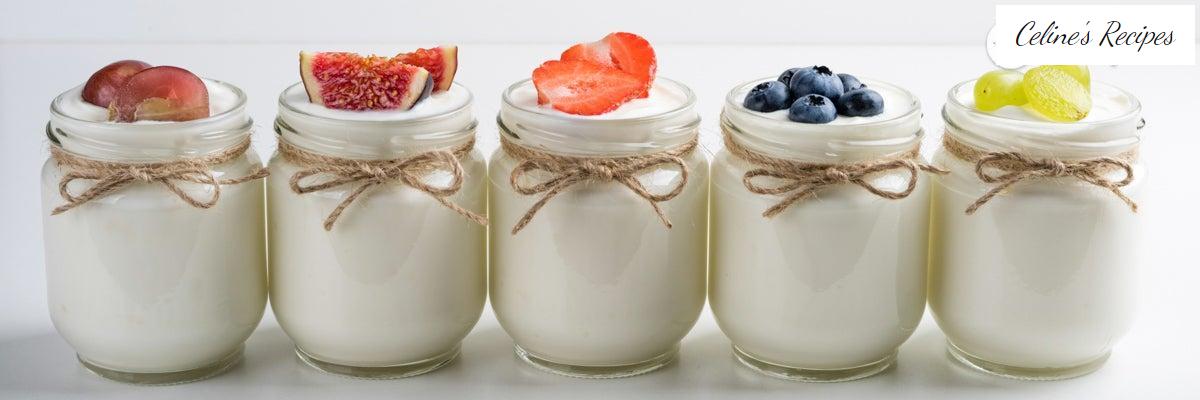
In that artisanal yogurt he soon found the key, the bacteria capable of converting the sugar in milk (lactose) into lactic acid .
He deduced that this acid was very important to prevent the proliferation in the intestine of harmful bacteria for the organism, produced by the putrefaction of other foods and that generated toxins that Met considered the causes of aging.
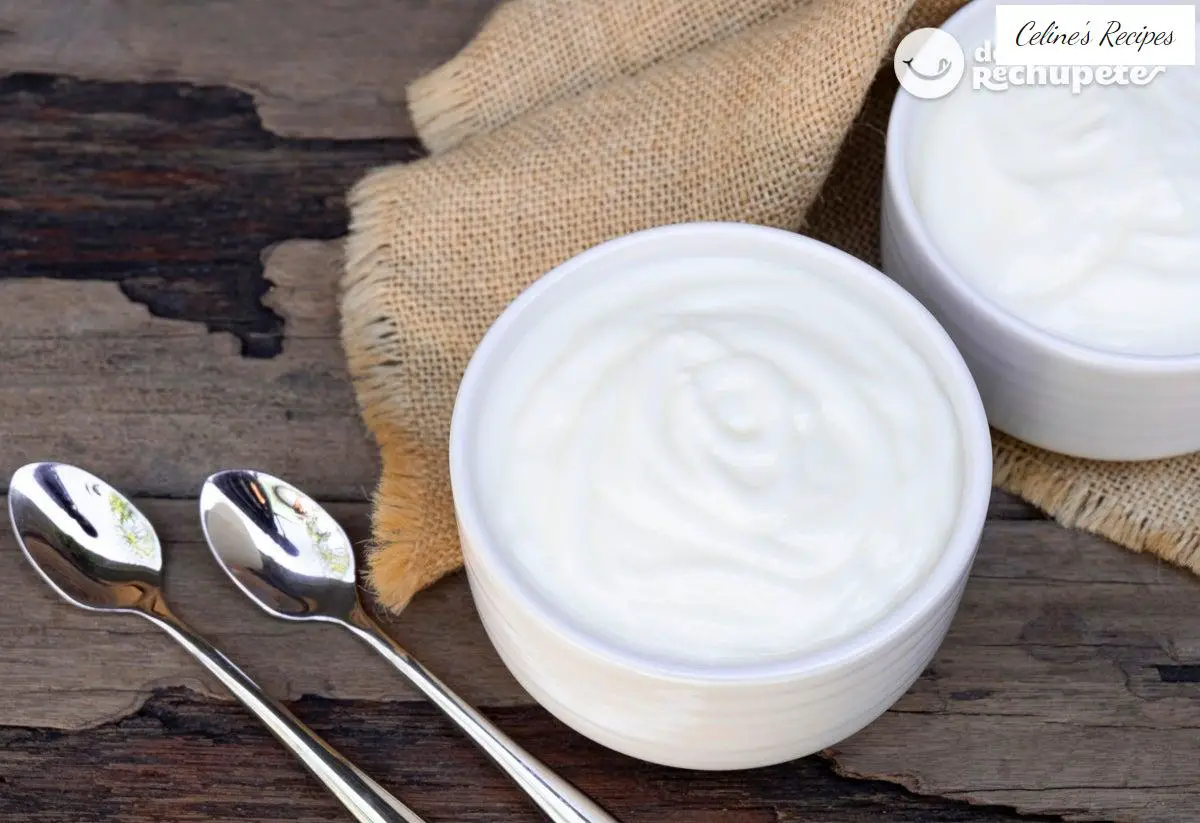
Good bacteria versus bad bacteria. The revolution
That was a revolution in medicine, but with the strength and determination produced by believing in what you do, Met was sure that he had discovered something important and continued with his investigations.
He isolated the bacillus in question and named it Bacillus bulgaricus after the Bulgarian people, who later renamed themselves Lactobacillus bulgaricus .
Met didn’t break the 100-year barrier and died at 76 despite all the homemade yogurt he ate. Today we know that longevity does not depend on a single factor and that those vegetables grown in-house, the lifestyle, etc., also greatly conditioned the life expectancy of those gentlemen and ladies of Bulgaria.
We also know that those responsible for maintaining the health of the intestine are several and the types of Lactobacillus are many.
We have Lactobacillus in the intestine naturally present and capable of remaining alive and functional, but that does not diminish the importance of the contribution of other external lactobacilli through the diet that balance and complement its function. The latter are the ones that yogurts provide us.

How to respect that function?
From how yogurt went from being an exotic product from the Bulgarian mountains, to being sold in pharmacies as food-health, to generalizing its industrial production and sale throughout the world … that is another beautiful story that contains one of the largest operations in marketing that I know of .
The fact is that it has reached all our houses, I at least feel that yogurt is part of my diet , of my identity, it is no longer Bulgarian or anyone in particular, it is universal . But in this great growth it is true that quality has been lost.
The key for yogurt to maintain its full health potential is that it must be alive, or what is the same, full of bugs.
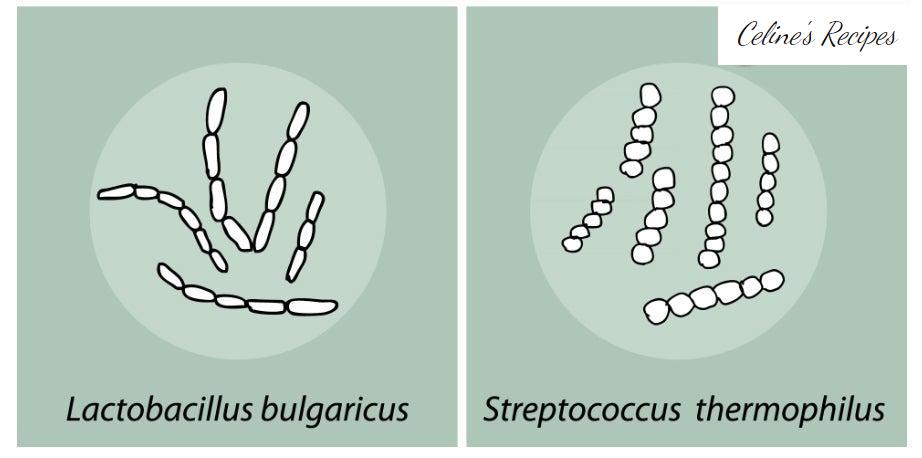
Who helps the yogurt ferment?
The bacteria responsible for the fermentation of yogurt are the Lactobacillus bulgaricus that we already know, and the Streptococcus thermophilus . The final product must contain a minimum of 100,000,000 live microorganisms per gram.
But in addition to this, these microorganisms must come alive to our table, for this, the unpasteurized yogurt must be preserved, since this process takes place at temperatures too high for these microorganisms.
Of course, a pasteurized yogurt can be preserved without cold and for longer than a live yogurt.
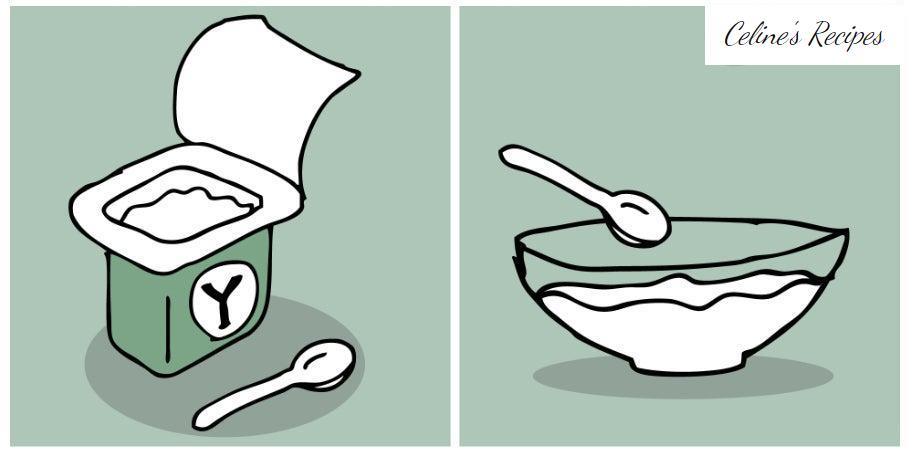
Homemade or purchased yogurt?
So, without stopping at the obvious thing that follows from all this: that of the hundreds of options in the dairy section of supermarkets.
“ Only a minority are really alive yogurt and with all its potential, homemade yogurt seems like a very interesting option. ”
I would like to evoke Met and the first yogurt producers. I imagine the illusion of pouring passion and profession into a product that they thought would revolutionize world health.
Although it is not so much, a little of that we can create in our kitchen by making real artisan yogurt , with all its properties and bacteria, generating live enzymes that, by the way, enable the correct absorption of lactose .

How to make yogurt at home? Tips
And it is that the process of making yogurt is very simple, as it is for own consumption and we do not need to transport it or it will last long.
We can generate a fermentation of the milk and store it in our fridge for about 7 days without the need to pasteurize. Because industrial pasteurization is the process that destroys the living potential of yogurt.
In this post, you will have all the details to make a delicious homemade yogurt . Follow the step by step and I assure you that you will try real yogurt again, like the one we drank when we were little.
Is their frequent consumption advisable?
The consumption of homemade yogurt is highly recommended, as it helps us control body weight, lower the risk of diabetes, and improve our analysis of triglycerides, glucose and blood pressure.
” Frequent consumption of yogurt is recommended to achieve a balanced, varied and moderate diet ”
Currently, the consumption of yogurt, as a fermented dairy food, would be especially recommended for the following cases.
- In postmenopausal women, with the aim of improving calcium absorption.
- To contribute to the reduction of the risk of respiratory diseases of the upper tract in childhood.
- To prevent and decrease the incidence and duration of gastrointestinal infectious diseases in children.
- Before, during and after antibiotic treatment, as it could reduce the risk of associated diarrhea.
- When there is functional constipation, since it helps to increase the number and improve the consistency of bowel movements.
- And given its probiotic content, yogurt intake contributes to achieving, establishing and maintaining a healthy microbiota.
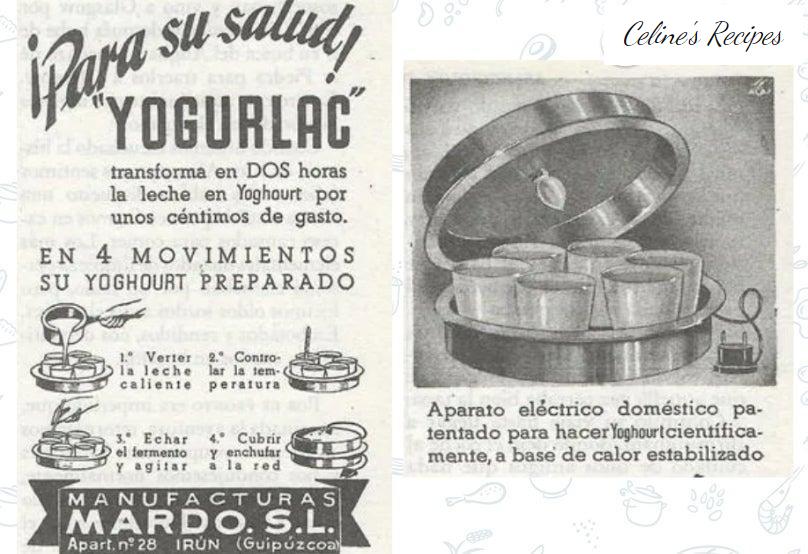
In summary…
Remember Met, his efforts and how lucky we are that this simple and powerful food has reached us. Taking a yogurt (of the real ones) helps us to have a better and healthier diet. And of course, it is full of health benefits from different areas: prevention and treatment of diseases.
Do you dare to drink a homemade yogurt daily? Have I convinced you?
Did you like it? Share it!
Share Tweet Pin it To print
Receive a weekly email with new recipes and yummy recommendations.
Think of Pixels SL as the owner of Recetasderechupete.com, it will use the data you provide in this form only to send you blog updates. We treat your data with respect. For more information see the Privacy Policy . You can change your mind at any time and unsubscribe by clicking on the footer of any email you receive from this website, or by contacting [email protected]. Yummy recipes use Mailchimp as a platform for sending emails. Mailchimp is covered by the EU-US Privacy Shield agreement, approved by the European Data Protection Committee. By submitting this form you agree that your data will be transferred to MailChimp to process it in accordance with its Privacy Policy .
If you liked this article you will like:

Top 10 recipes and foods in the world

Foods with more protein than meat







